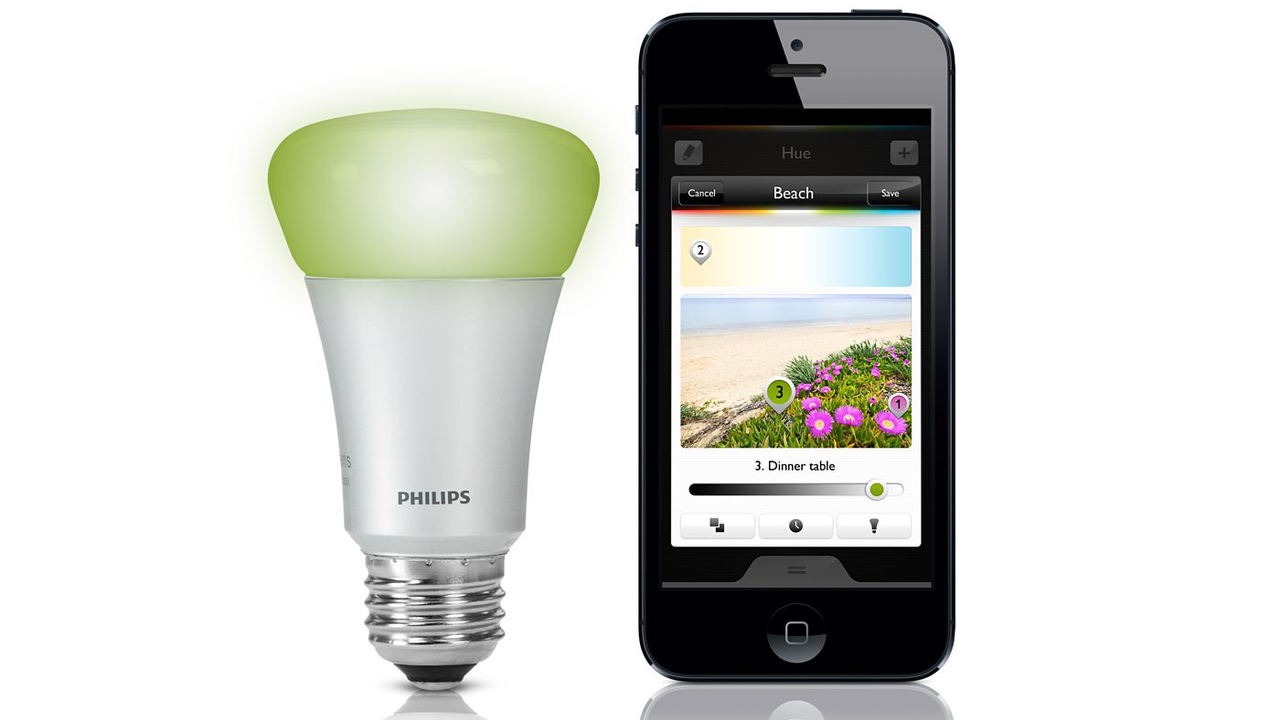During the course, we have discussed how technology is changing the way we track inventory, operate distribution centers, and let the parts of the chain communicate more effectively. However, technology is also changing the product design as well. I'm not talking to new gadgets, I referring to adding tech to regular everyday products. Products that have had nothing to do with wireless technology, are becoming connected. For example, Philips has redesigned the light-bulb so users can turn the light on or off from anywhere using their smartphone. Belkin has created an internet connected Crock-Pot that can also be controlled remotely. Belkin recently signed onto a partnership with Jarden, the company which owns Mr. Coffee, Holmes space heaters, and Coleman coolers in order to develop future apps for these products.
The addition of apps that enable a consumer to remotely control their everyday products, requires a huge shift in the actually manufacturing of the product too. It requires adding wireless devices which can control the products settings. Shifting a factories that makes coffee makers into a factory that makes wireless connected coffee makers doesn't happen in a day.
Besides light-bulbs, coffee makers, crock-pots, and space heaters, what everyday items would you like to see redesigned with wireless connectivity? The more we connect our lives to the internet, the risk of getting hacked goes up and the less privacy of identity and location we have. Where should we draw the line between which products should and should not be internet-connected?

Philips Hue LED light-bulb and app
Sources:
http://www.fastcompany.com/most-innovative-companies/2014/industry/the-internet-of-things
Excellent post. Wireless Connectivity are a fast-growing specialist company serving the wireless products market. It continues to be the pre-eminent technology for building general-purpose wireless networks. Source: Ideal action camera
ReplyDelete